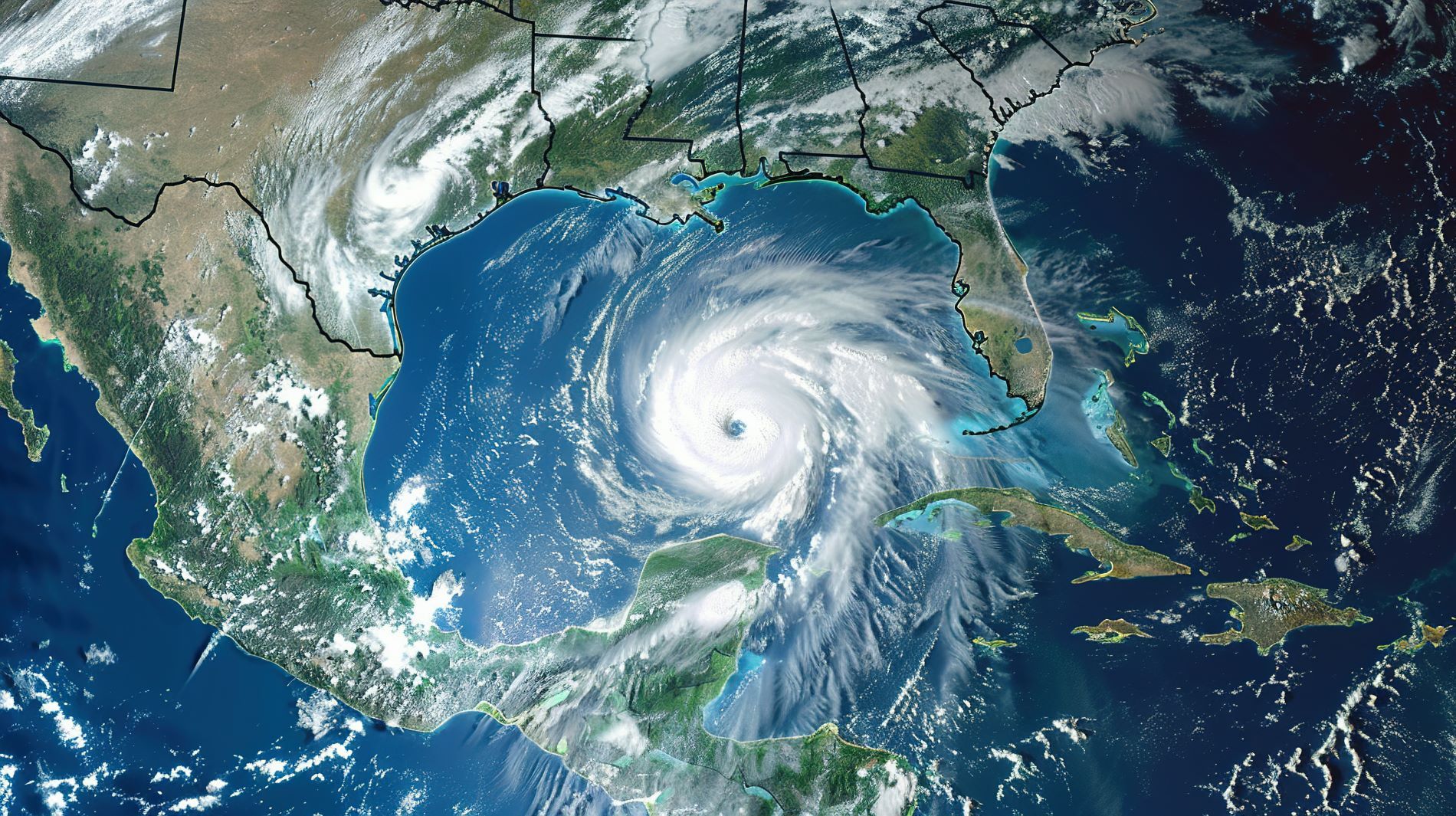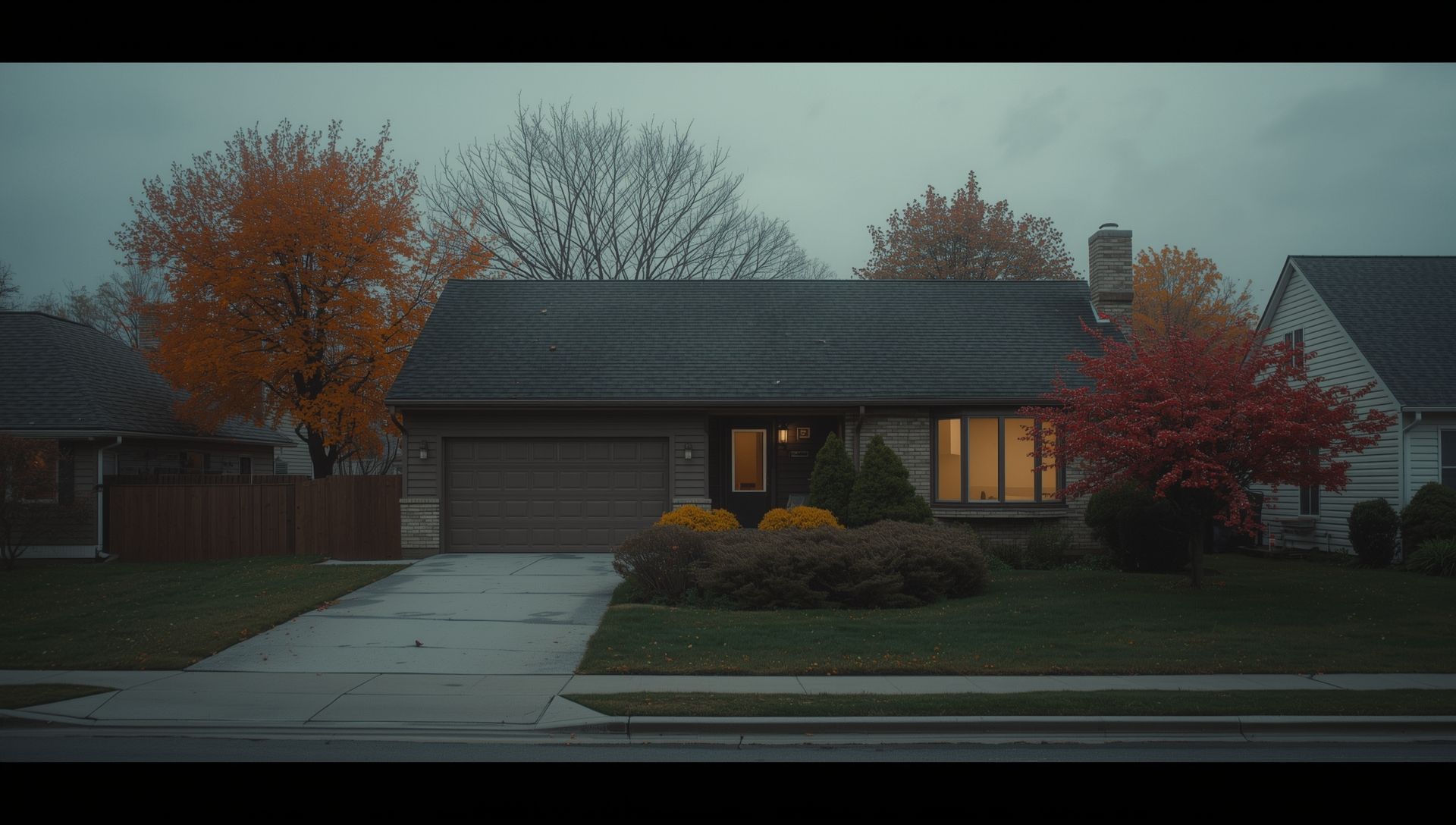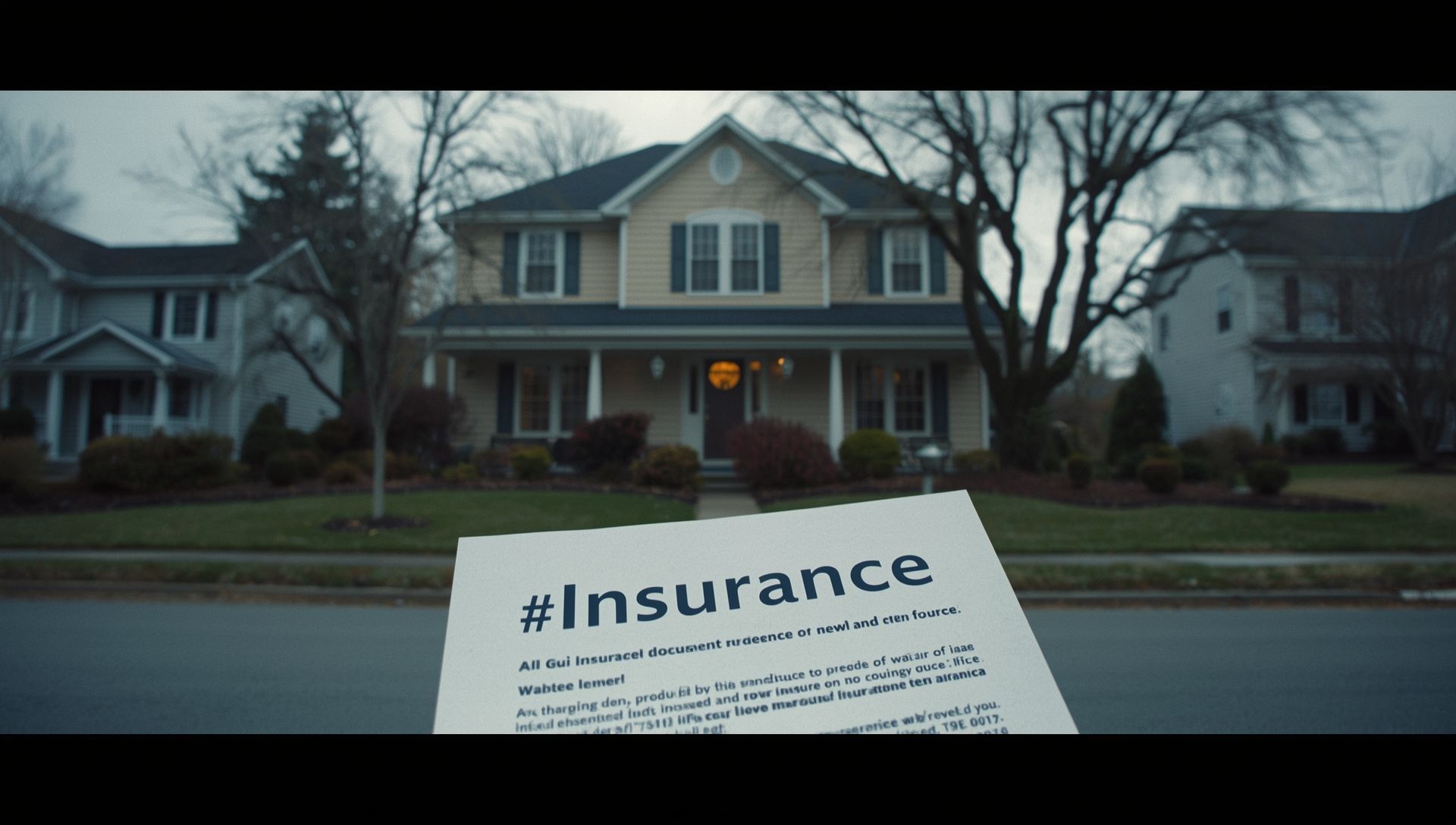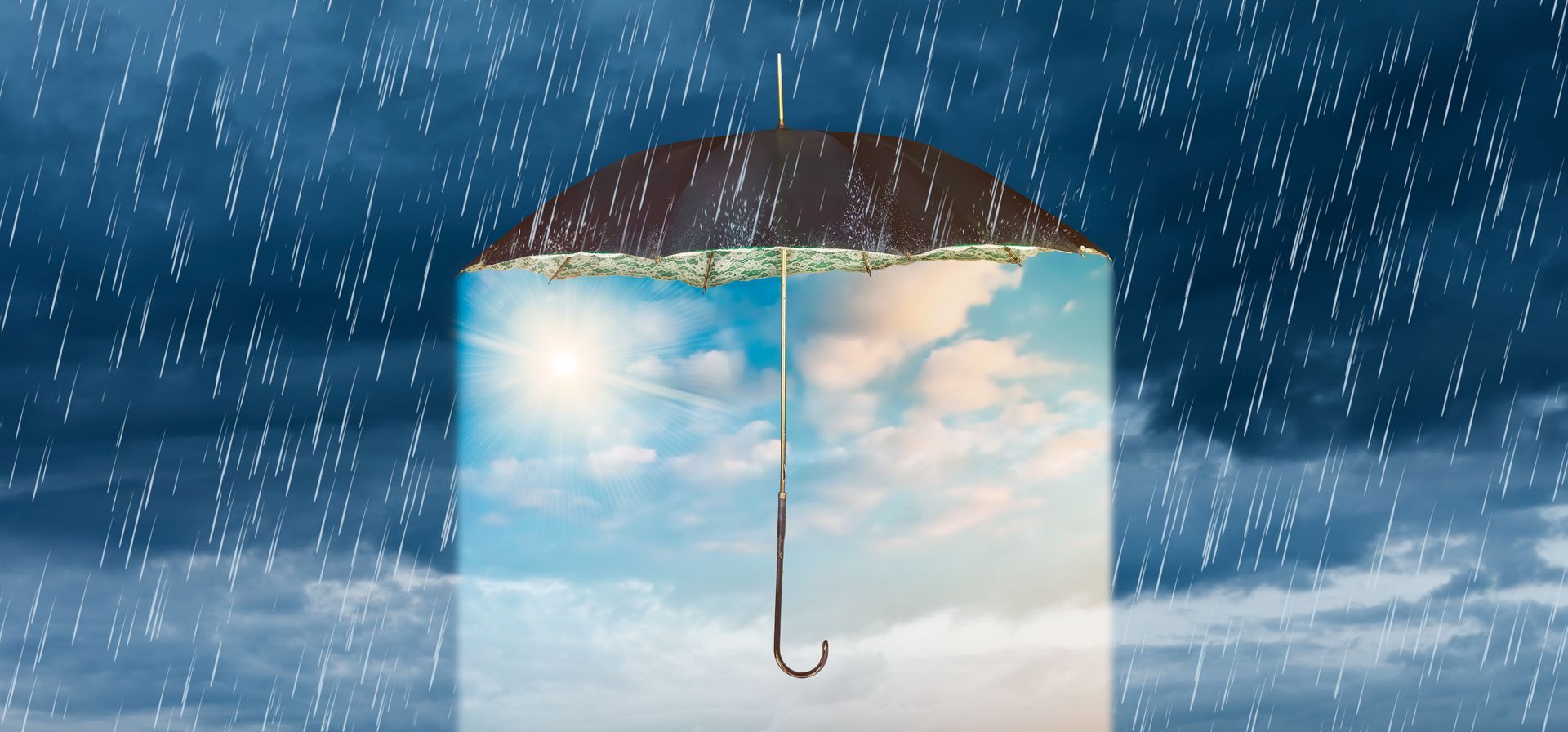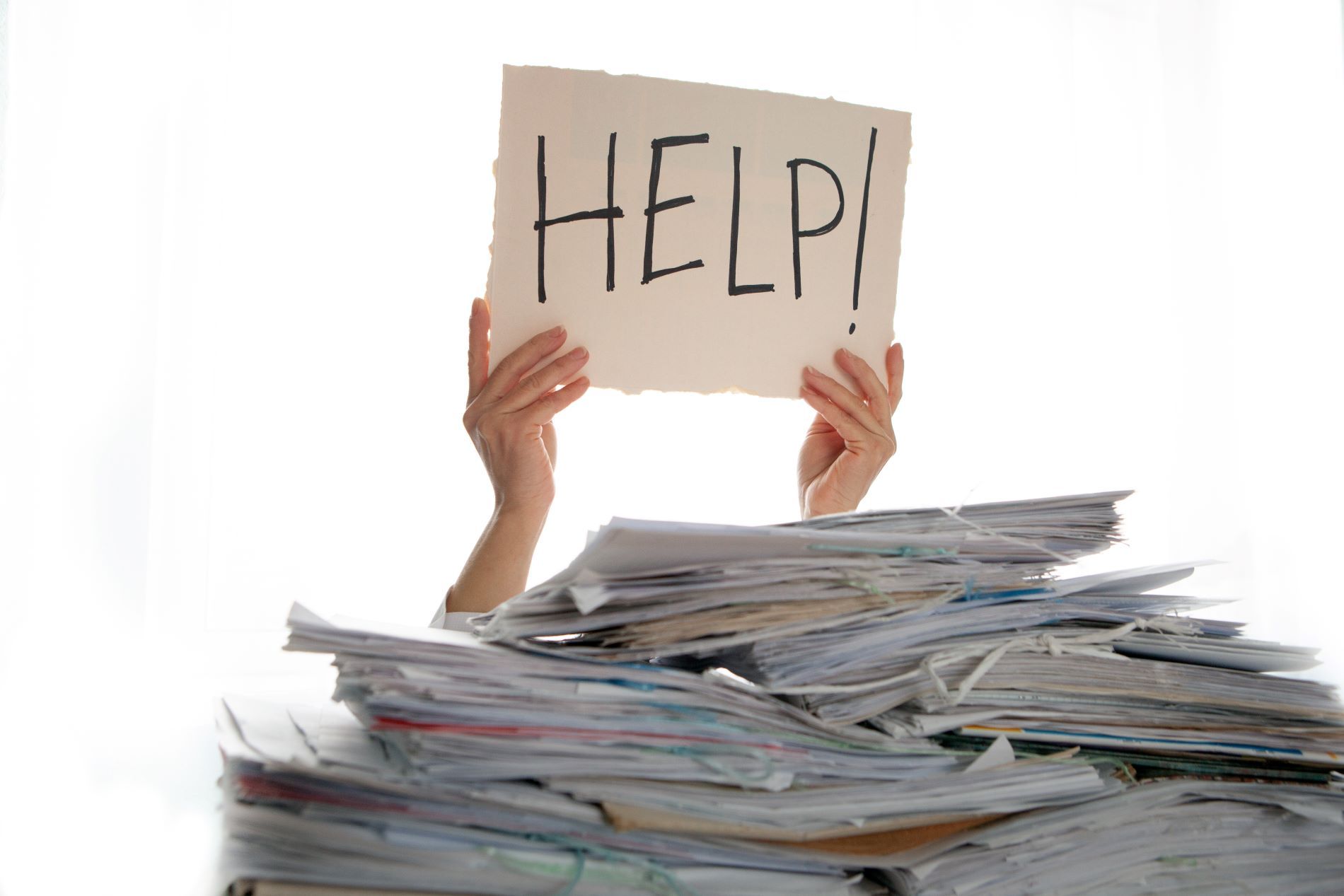How to Avoid a Homeowners Insurance Nonrenewal After Filing a Claim
Am I Uninsurable After Being Non-renewed?

How to Avoid a Homeowners Insurance Nonrenewal After Filing a Claim
Filing a homeowners insurance claim is often necessary after damage or loss, but it can also come with a hidden cost: the risk of nonrenewal. Many homeowners are surprised to receive a letter from their insurance company notifying them that their policy will not be renewed—often just when they thought the worst was over. Far too often, they find out once their mortgage company makes them aware and they never received notification or even a call from their prior home insurance company.
If you’ve recently filed a claim and are worried about keeping your coverage, you’re not alone. Here's what you need to know about how nonrenewals happen and, more importantly, how to avoid them.
What Is a Homeowners Insurance Nonrenewal?
A
nonrenewal occurs when your insurance company decides not to renew your policy at the end of your term. Unlike cancellation, which typically happens mid-policy for issues like fraud or non-payment, nonrenewal usually comes as a surprise when you're up for renewal—especially if you've recently filed a claim.
In most states, insurers are required to notify you of a nonrenewal 30 to 60 days before your policy expires, but that doesn’t leave much time to find a replacement.
Why Do Insurers Nonrenew Policies After a Claim?
Insurance companies evaluate risk, and claims are a major data point. A single claim doesn’t always trigger a nonrenewal, but certain factors can raise red flags, including:
- Type of claim: Water damage, fire, and liability claims are high-risk categories.
- Frequency: Multiple claims in a short period can make you appear high risk.
- Severity: Expensive or complex claims (especially those involving litigation or mold) are more likely to raise concern.
- Property risk factors: An older roof, outdated electrical system, or other risk-prone features may combine with a claim to lead to nonrenewal.
Some insurers even use predictive modeling to assess how likely you are to file another claim—and whether you’ll remain profitable for them in the long run.
Avoiding being deemed high risk is usually possible given the right proactive measures.
What to Do Immediately After Filing a Claim
If you've already filed a claim, there's no going back—but there’s still a lot you can do to protect your insurability.
1. Communicate With Your Insurance Company
Be proactive with your adjuster and claims department. Answer calls, provide requested documents, and follow up consistently. Ask your insurer or agent: “Will this claim affect my renewal?” They may not give a definitive answer, but their tone or willingness to help can be informative.
2. Document Everything
Take photos of all damage and repairs. Keep receipts for repair work and mitigation steps (like installing a sump pump or fixing a leaky pipe). If you took steps to prevent further damage (like boarding up windows or shutting off water), make sure it’s documented.
3. Mitigate Future Risk
Insurers like to see that you’re taking responsibility to prevent a similar event. You can:
- Install water leak detectors or automatic shutoff valves.
- Replace or repair your roof if it’s old or damaged.
- Upgrade plumbing, electrical, or HVAC systems if they’re outdated.
- Trim trees or clear brush that could pose a fire hazard.
Some of these improvements might even make you eligible for discounts—or help you avoid a nonrenewal.
Steps to Take Before Renewal
Once your claim is closed, stay alert. Many nonrenewals happen right before your policy is set to renew—often 30–90 days out.
1. Contact Your Insurance Company Early
About 60 days before your policy is set to renew, call your insurer and ask: “Am I in good standing for renewal?” and “Is there anything I should be aware of regarding my policy?” If they are planning to nonrenew, ask for the reason in writing. Many states require this.
2. Get a CLUE Report
A CLUE report
(Comprehensive Loss Underwriting Exchange) shows your home's insurance claim history. Insurers check it before issuing or renewing a policy. If it shows multiple claims—even from a previous owner—that could explain a nonrenewal. You can request a free copy annually from LexisNexis.
What to Do if You’re Facing Nonrenewal
If your insurer decides not to renew, don’t panic—but start looking immediately. Time is of the essence.
1. Shop Around Early
Start comparing quotes right away. Let agents or brokers know upfront that you've filed a recent claim. The more time you give them, the better chance they have to find a company willing to write a policy. Many insurers have different underwriting guidelines. One company may reject a water damage claim; another might be willing to insure you if the damage has been repaired and mitigated.
2. Work With a High-Risk Specialist
If you’re struggling to find coverage, connect with an agent who specializes in high-risk or nonstandard homeowners insurance. These professionals often have access to:
- Surplus lines carriers
- Niche markets for specific risks (coastal homes, wildfires, liability issues)
- Private market alternatives that still offer full coverage, even after claims
These options can sometimes match or beat the coverage you had—even after a claim.
3. Know Your State Backup Options
If no private carrier will insure you, most states have a FAIR Plan (Fair Access to Insurance Requirements). This is a last-resort option for homeowners who can’t get coverage elsewhere. While these plans can be lifesavers, they often come with:
- Higher premiums
- Limited coverage (e.g., no liability or theft unless added separately)
- No bundling discounts
Still, it’s better than going uninsured—and it keeps your mortgage lender satisfied.
Tips to Avoid Nonrenewals in the Future
Even if you survive this renewal, the experience is a good reminder to be strategic with your insurance:
- Avoid filing small claims: If you can pay for it out of pocket, do it. Every claim is recorded.
- Bundle your policies: Companies are less likely to drop customers with auto or umbrella policies bundled in.
- Review your coverage annually: Make sure it reflects your home’s current condition and replacement cost.
- Build a relationship with your agent: A knowledgeable agent can give you early warnings and guidance if anything jeopardizes your policy.
You Have Options
Filing a homeowners insurance claim doesn’t automatically lead to a nonrenewal—but it does increase the risk, especially in today’s cautious insurance market. The good news? With the right actions, communication, and preparation, you can protect your home and stay insured.
If you’ve already received a nonrenewal notice or are worried one is coming, we can help. Our service connects homeowners with experienced insurance agents and high-risk coverage specialists who know how to navigate tough situations.
